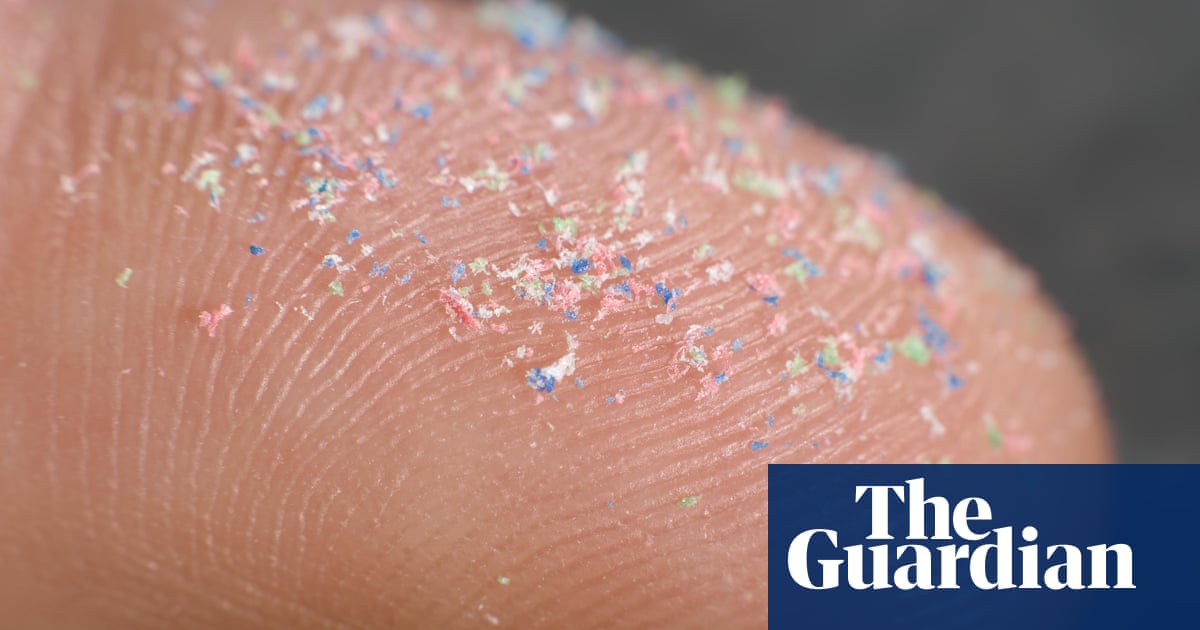The UK is falling behind on international efforts to tackle microplastics, scientists have said, as the pollutants continue to infiltrate food, ecosystems and human bodies.
The tiny fragments of plastic have been found inhuman testiclesandbrains, and theyburrow into plants, inhibiting their ability to photosynthesise. The impact on human health is largely unknown, but they have beenlinked to strokes and heart attacks.
Microplastics are broken down from plastic waste and have polluted the entire planet, from thesummit of Mount Everestto thedeepest oceans. People consume the tiny particlesvia food,waterand bybreathing them in.
Scientists have warned that the UK is falling behind the EU and US, which are alreadyintroducing enforceable targets and limits on microplasticsin areas such as wastewater and drinking water.
They have called for ministers to create a comprehensive approach to reduce the pollution, with targets to address microplastics at source, as well as funding research to establish safe microplastic exposure thresholds and identify key interventions to improve neglected areas such as soil and air quality.
Dr Antaya March, the director of the global plastics policy centre at the University of Portsmouth, said: “Microplastic pollution represents a complex, transboundary policy challenge with implications for environmental health, public well-being, and long-term economic resilience. Its diffuse sources and persistence across ecosystems call for a coordinated and forward-looking response.
“The fact that the evidence is still emerging should not be a reason to delay action. A national roadmap informed by international developments is not only timely but necessary to ensure policy coherence and future readiness.”
The scientists have recommended that the government sets up a roadmap with measurable targets and timelines to tackle the microplastic problem. They are also calling for interventions in high-emission sectors such as agriculture. Sewage sludge that contains high concentrations of microplastics is spread on fields as fertiliser, and plastic-based mulching is contributing to widespread soil contamination.
At the moment, there is a ban in the UK on cosmetic products that use microbeads, but the scientists said these tiny plastics need to be recognised and designed out of products beyond this, including setting design standards for clothing and other textiles so they shed less.
Sign up toDown to Earth
The planet's most important stories. Get all the week's environment news - the good, the bad and the essential
after newsletter promotion
Prof Fay Couceiro, from the microplastics research group at the University of Portsmouth said: “Microplastic pollution is an escalating threat with potentially irreversible consequences. Without decisive action, the UK’s environment and global leadership will be compromised, with potential impacts to public health. Implementing a robust, forward-looking microplastic policy framework is urgent and essential to protect us, our environment and the economy.”
The Department for Environment,Foodand Rural Affairs has been contacted for comment.
